The Director General of the "Ion I.C. Bratianu" Institute of Political Science and International Relations of the Romanian Academy, Professor Dan Dungaciu, said on Wednesday, at a debate dedicated to Romanians in Hungary, that, 100 years after Trianon, Romanians in this country are "on the verge of extinction."
"100 years after Trianon, Romanians in Hungary are on the verge of extinction. They are a museum species, if you like. The Romanians in Hungary, six, seven, how many of them still use the Romanian language in administration, are to be put in museums, so that we can pass by them and say 'this is what the Romanians in Hungary would look like,' while they are still alive, the six, seven speakers of Romanian. Then things close before our eyes, so to speak," said Dungaciu, moderator of the debate "100 years after Trianon, the Romanians in Hungary have disappeared. What are the effects for the Bucharest - Budapest relationship?," held on Wednesday at the House of Scientists.
Dan Dungaciu argued that this fact "raises a disturbing problem, which is not only related to the bilateral relationship."
"If Romania does not assume its Eastern Latinity, as Iorga used to say, who will assume it in this part of the world?! What happens with the Eastern Latinity, the Eastern Romanians in Serbia, Hungary, Bulgaria, I mean, the Aromanians in the Balkan area, the Romanians in Ukraine?! If Romania is no longer interested in this, obviously this dimension will be hidden," said the professor.
One of the consequences of this lack of interest is, according to Dungaciu, the disappearance of Romanians from Hungary.
"What will happen in a few years, if we do not have a Romanian minority in Hungary, in the bilateral discussion, the Hungarian minority being present in Romania, the Romanian minority not being present in Hungary. What is the effect of these historical developments and what are the strategic geopolitical consequences?," asked Dan Dungaciu.
During the debate, Professor Gabriel Moisa from the University of Oradea, author of the book "Romanians in Trianon Hungary (1920-2020)," revealed that in Hungary bilingual education is reduced to "two to three hours of Romanian language per week at the eight schools" in the country.
The teacher from Oradea pointed out that in the neighbouring country "a national network of local self-governments has been built, so that the 11 local self-governments lose their vote.
Regarding the number of Romanians in Hungary, Gabriel Moisa said that while the 2001 census showed that "there were still 7,995 Romanians registered," the 2011 census shows that there are almost 36,000. "There has been a manipulation of what the census means," said Gabriel Moisa
The event, organised by the "Ion I.C. Bratianu" Institute of Political Science and International Relations of the Romanian Academy and the University of Oradea, also saw the participation of Petrisor Peiu, director of the Department of Economic Analysis of the Black Sea University Foundation (FUMN), Professor Darie Cristea, pro-dean of the Faculty of Sociology, director of the Laboratory of Sociological Research - LARICS, and Cristian Barna, Professor at the University of Bucharest, Master of Security Studies. AGERPRES

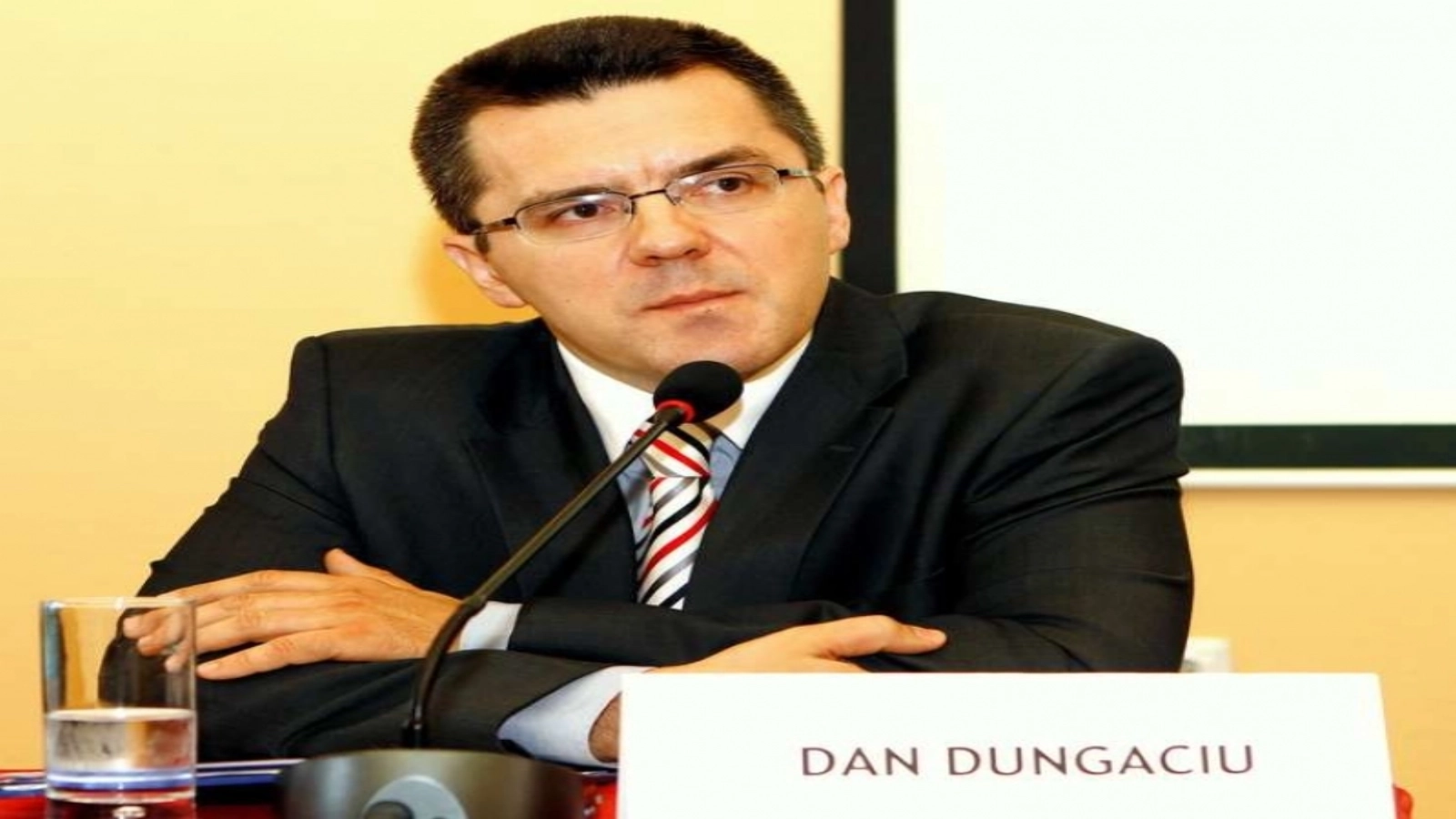



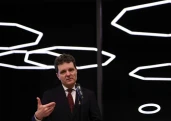

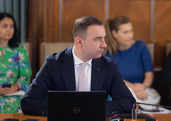
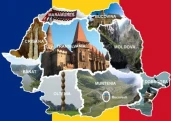


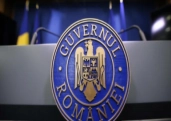
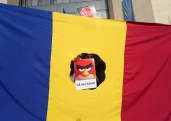








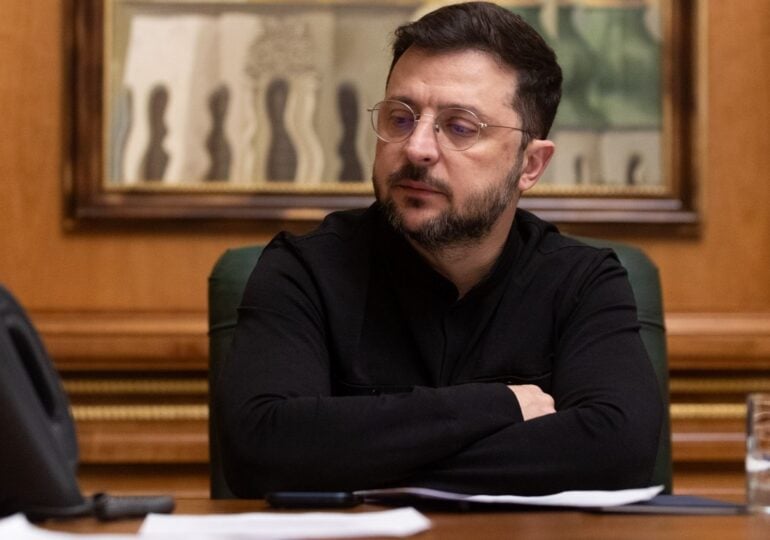






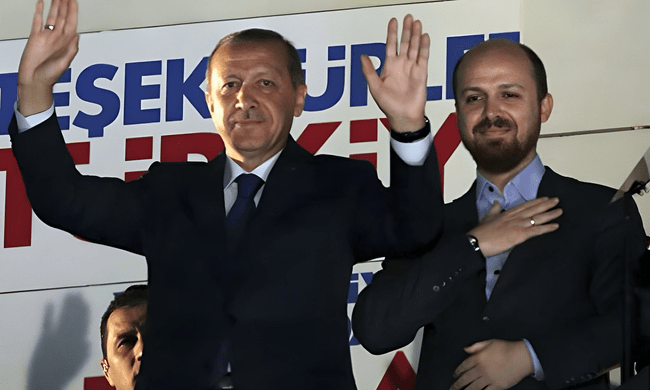



Comentează